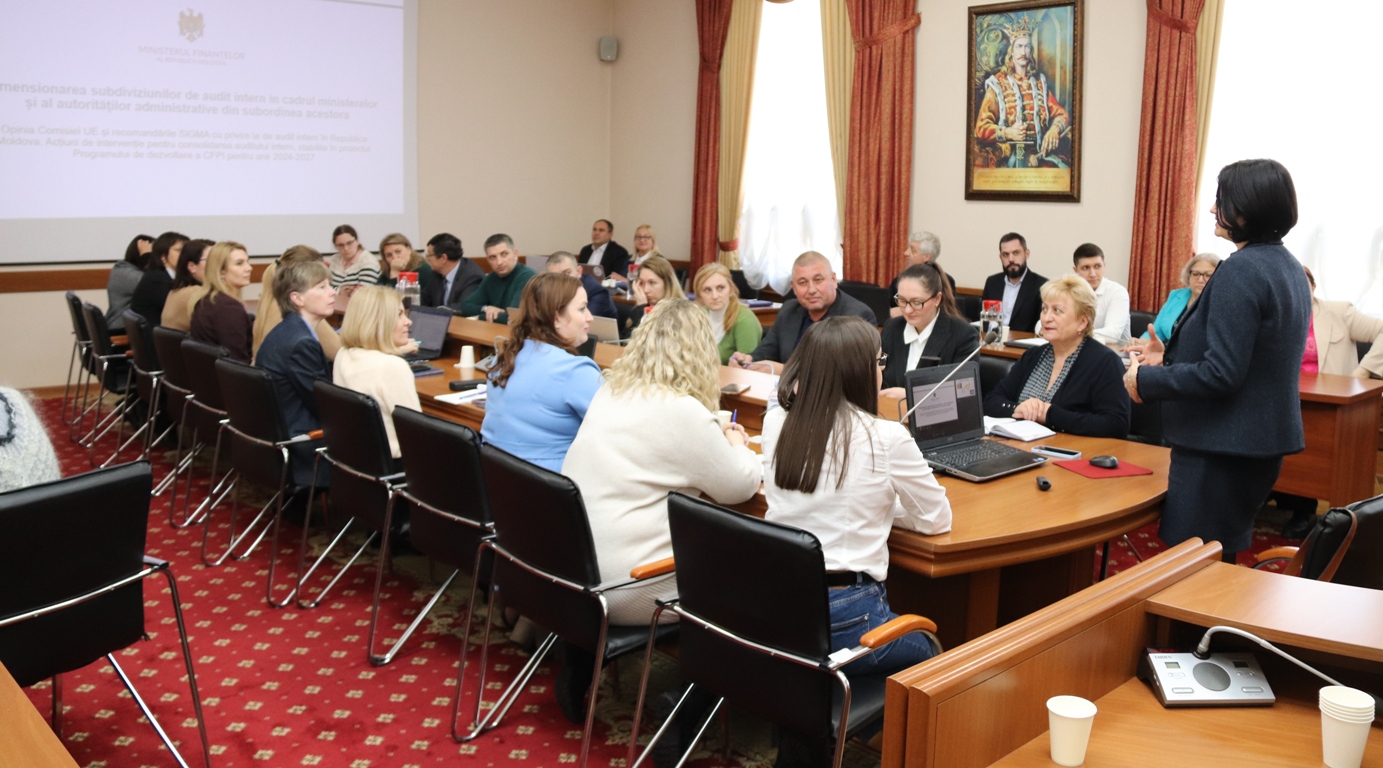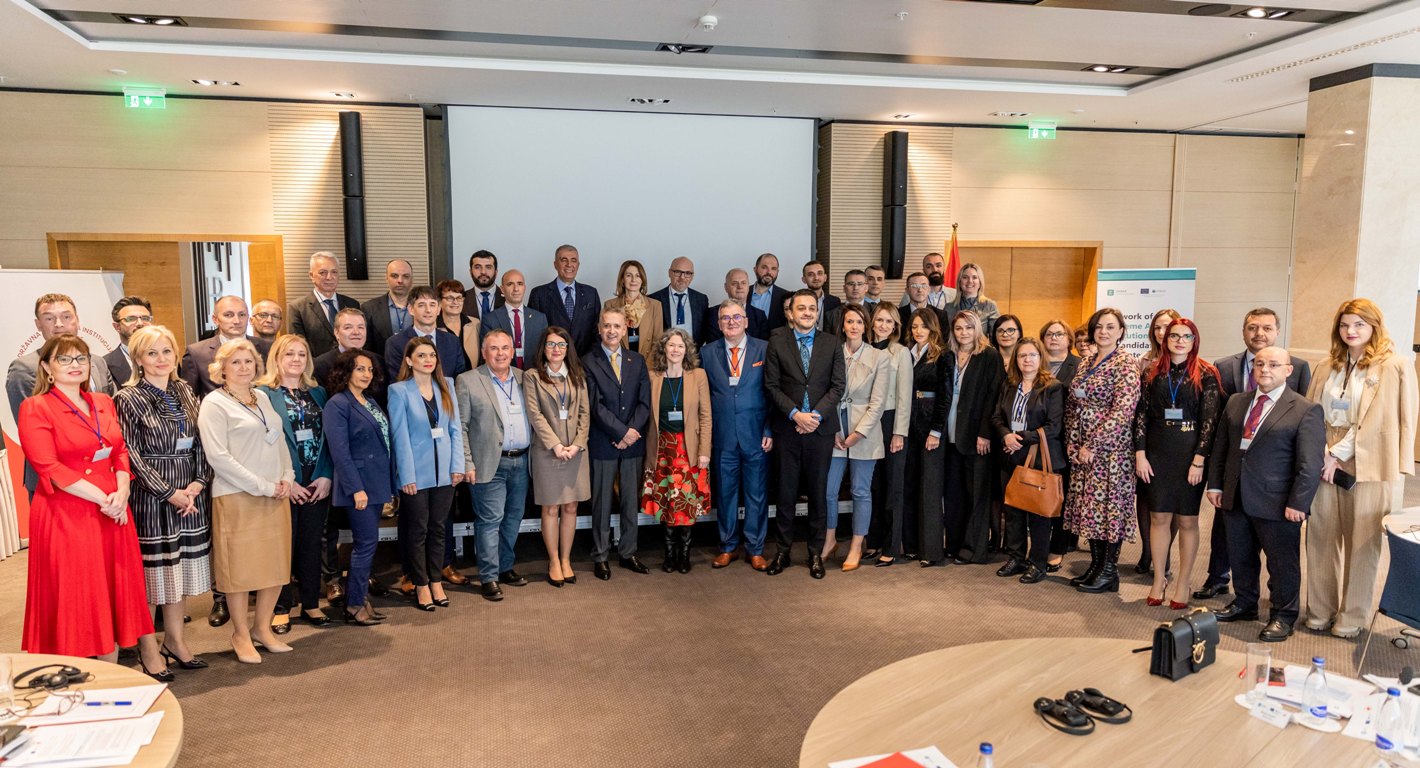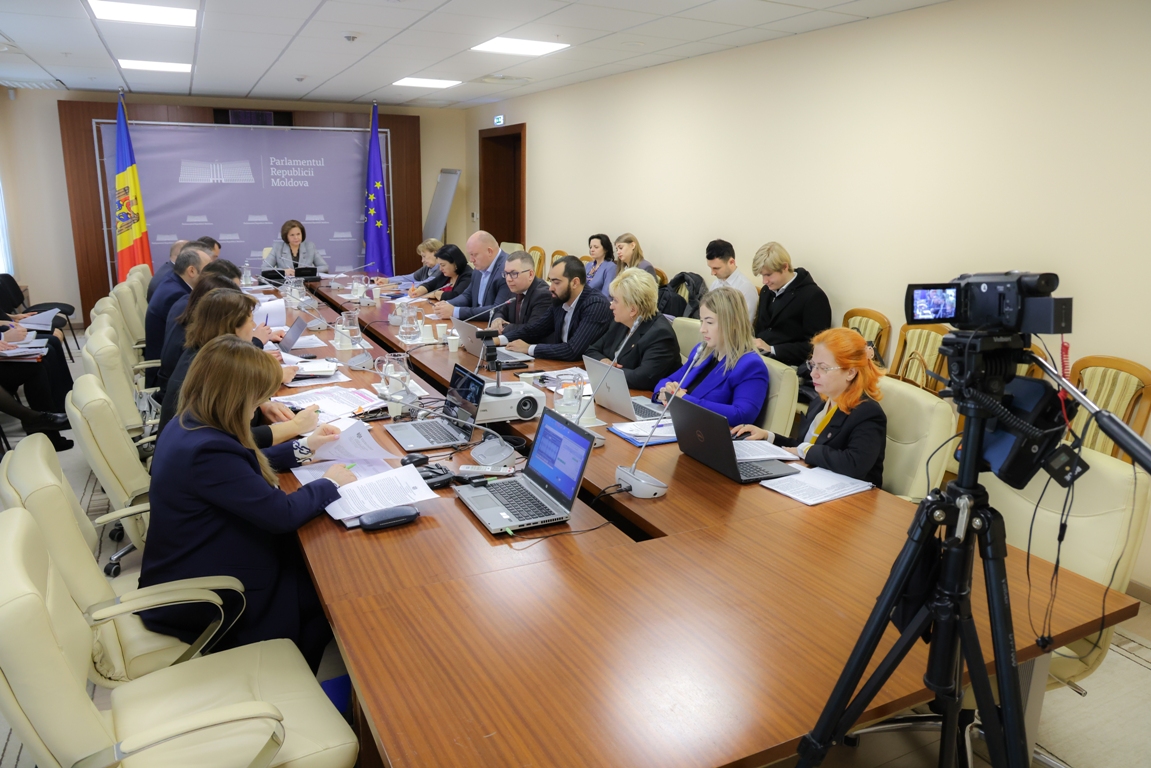
An important form of state intervention represent the economy is the fiscal facilities, through which the taxes and fees due to the budget are sized to help stabilize the economy, including in times of crisis, but also boosting the development of sectors and economic branches with growth potential, as well as for the purpose of attracting investments and developing the national economy.
The Court of Accounts of the Republic of Moldova (CoARM), on August 2, examined the Audit Report on the compliance of the administration of the fiscal facilities system during 2020-2021.
Deficiencies and weak points were attested in the administration management of the tax facilities system, caused both by the lack of a normative framework that would ensure a regulation of all stages of the administration process of the facilities system, as well as the fragmented estimate of the budget costs of the facilities, which reduced the transparency of public expenses borne by the state. Another vulnerable aspect is the lack of impact assessments generated by the granting of facilities.
Based on the Single Register of fiscal facilities, presented by the Ministry of Finance, it is revealed that as a whole, the Fiscal Code, but also other normative acts, provide for 384 types of facilities, of which, only those estimated by value in the number of 145 types, amount to 12.9 billion lei. From the total number of existing facilities, in 2020, 217 types of facilities were administered by the fiscal body.
Of the 217 types of tax facilities, STS did not estimate the budget costs for 141 tax facilities, although the Government's Action Plan for the years 2020-2023 provides for the implementation of the action regarding the development of a database of all tax and customs facilities, with the estimation of the budget costs related to them, with the implementation deadline being set for March 2021. Moreover, there is no road map for the gradual realization of this task.
At the same time, the STS in 2020 estimated the costs of 76 tax facilities worth 2.3 billion lei, the audit stating that these data contain significant errors.
Thus, for some types of facilities, the value was incorrectly increased by 519.7 million lei, of which the most significant error is found in the calculation of the exemptions granted to peasant households. Therefore, the fiscal body, instead of estimating the tax exemption, incorrectly reported the taxable income of the households, and the amount was erroneously increased by 345.4 million lei. In the same way, the audit found that for other types of fiscal facilities, the STS underestimated the value by 537.1 million lei, mistakes caused both by technical errors and as a result of faulty communication between the Ministry of Agriculture and the fiscal body.
At the same time, there are no calculation methodologies and reasoned calculations related to budget costs for some facilities reported in the amount of almost 1 billion lei.
The audit found cases of approval of some fiscal facilities without arguments and justification for their establishment, as an example - exemption from paying the excise tax on nitrogen and oxygen produced on the territory of the country. Thus, in 2020, an economic agent was exempted from approximately 9 million lei, without any clarity regarding the purpose of granting this facility and its impact.
In the same way, there is a lack of policy documents or strategies that provide for the development of branches that benefit from fiscal facilities. In this context, we exemplify the situation found when granting the exemption from the payment of excise duty on undenatured ethyl alcohol, used by economic agents in the manufacture of perfumery and cosmetic products. Although, during the years 2018-2019, the Ministry of Agriculture periodically addressed the Ministry of Finance regarding the need to amend the Fiscal Code and cancel this exemption, noting that this facility is inopportune and ineffective, however, these steps were not taken into consideration by the Ministry of Finance when developing the fiscal budget policy, or other changes made in the Fiscal Code.
There were no clear regulations regarding the process of granting the above-mentioned exemptions, under these conditions, in the years 2020-2021, the Ministry of Agriculture approved facilities worth almost 900 million lei.
Likewise, there was no mutual cooperation between the Ministry of Agriculture and the STS regarding the coordination of this exemption. In 2020, the Ministry of Agriculture addressed a request to the fiscal body requesting the coordination of the excise tax exemption for some economic agents, in the amount of 466.1 million lei, but the STS denies its receipt. As a result, the Ministry of Agriculture granted an exemption of almost half a billion lei, in the absence of the official response from the fiscal body and the coordination of this exemption.
Finally, the Court of Accounts found that the state authorities did not show an appropriate concern regarding the establishment of a functional process, oriented towards a judicious administration of all types of fiscal facilities.
 WITH DEFICIENCES OF VIEW
WITH DEFICIENCES OF VIEW Youtube
Youtube Facebook
Facebook


 print
print





